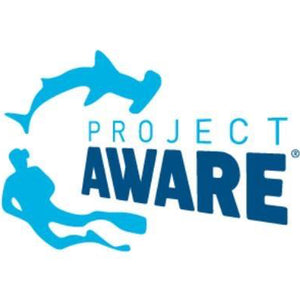
Project AWARE: Dive Against Climate Change
The thought of tacking climate change can be overwhelming and seem futile but Diving Against Climate Change trains scuba divers to take action for our ocean and wellbeing of the planet.
The Problem
Rising sea levels, ocean acidification and marine habitat loss are just a few of the adverse effects that climate change has on ocean health. Divers are often the first to see these impacts and can take action to bring to the surface what’s beneath the waves.
The Solution
After analysis, Project AWARE has determined that the most helpful role that divers can play is to directly address the 7% loss of seagrass beds across the globe. Coastal sea beds are some of the most powerful CO2 and carbon trapping filters on the planet, storing upwards of 50% of the CO2 that is trapped by the oceans. Seagrass plays a key role in sequestering carbon, creating more resilient agricultural and natural ecosystems. Deep-rooted seagrass effectively buries carbon in the ground for hundreds, if not thousands of years, preventing the re-release of CO2.
Seagrass beds increase biodiversity by restoring ecosystems that are breeding grounds for fish and shellfish. They reduce pollution by acting as natural filters, trapping and burying carbon-rich agricultural runoff. Restoration has the capacity to forestall or even mitigate inevitable ecological, economic, and social calamities brought by global climate change in a significant way.
Divers are uniquely positioned to help restore and replant seagrass beds by being trained “underwater gardeners.” Dive Against Climate Change will activate the AWARE global community to learn and take action on climate change in a tangible way. With fins on, divers will restore and replant seagrass underwater and with fins off, they will report the data as citizens scientists. The data collected can show the underwater changes over time and quantify the C02 sequestered. These community actions can potentially inform policy makers and help advance resilient shorelines, decrease ocean acidification and better understand the underwater effects of these plants on the marine environment.
Planned Use Of Funds
Funds will support the creation of course content for volunteer scuba divers to safely and effectively plant seagrass.
Stage of Development
- Early Stage
- Established Prototype
- Scaling
- Other
Organization to Receive Funds
Project AWARE





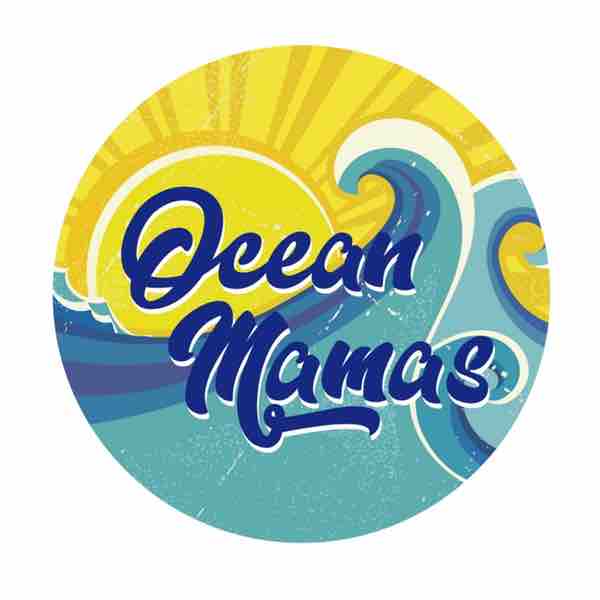

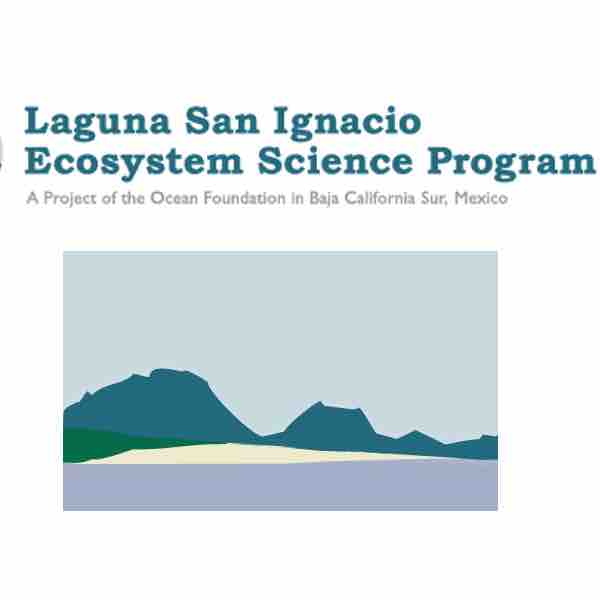
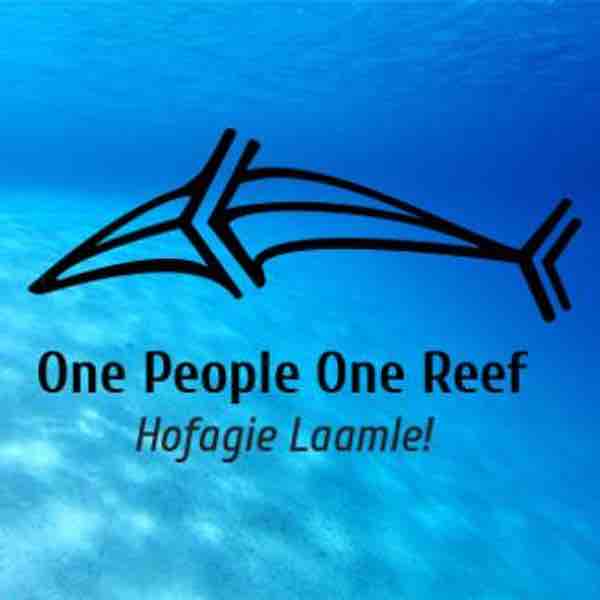
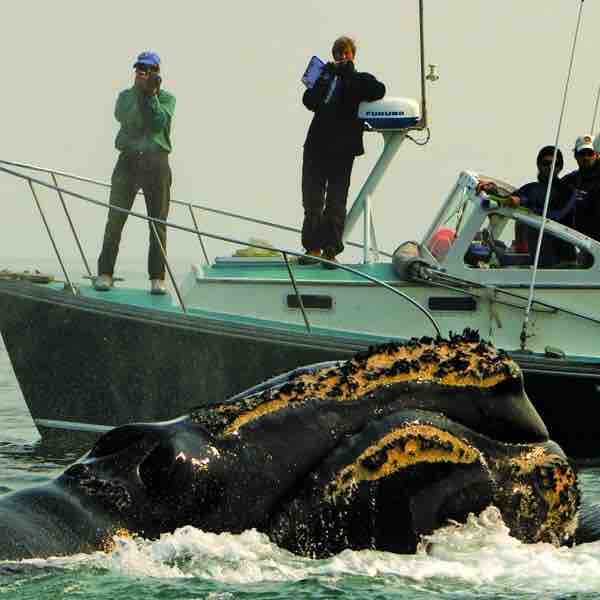

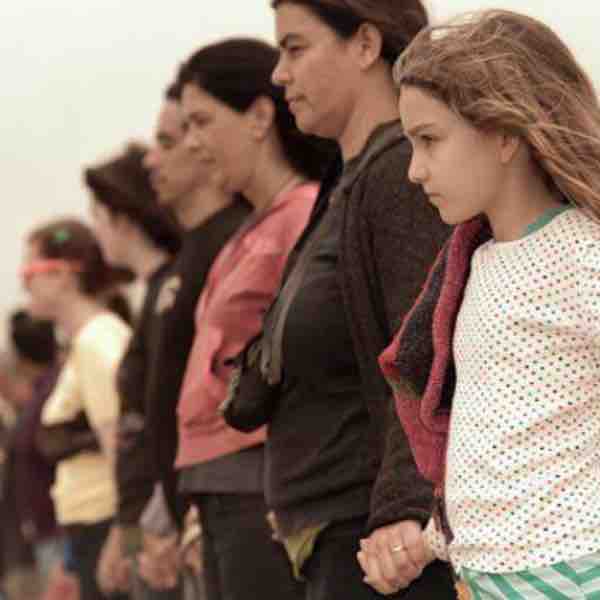
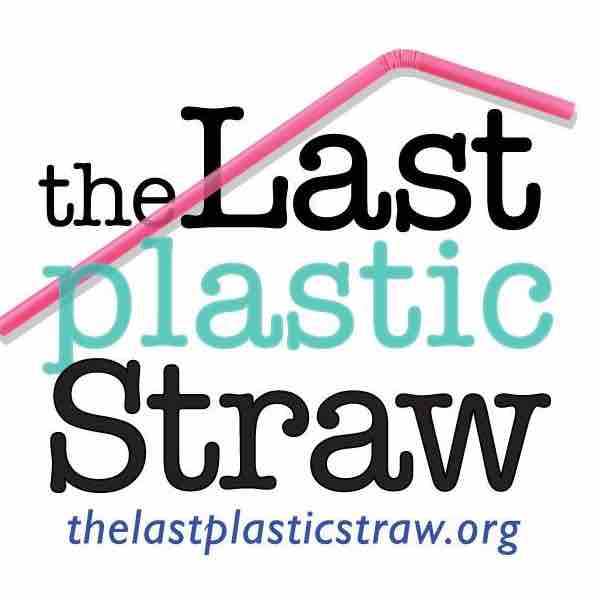
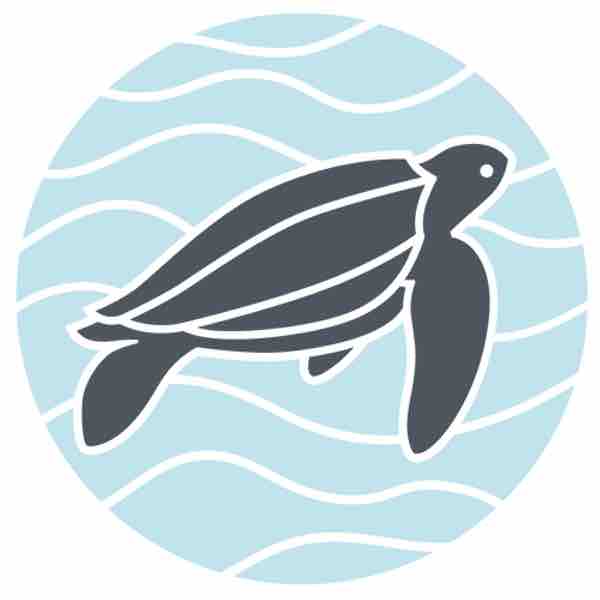
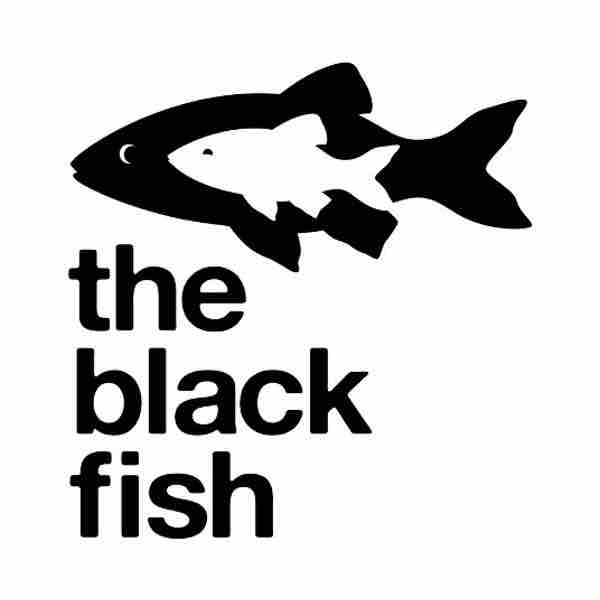

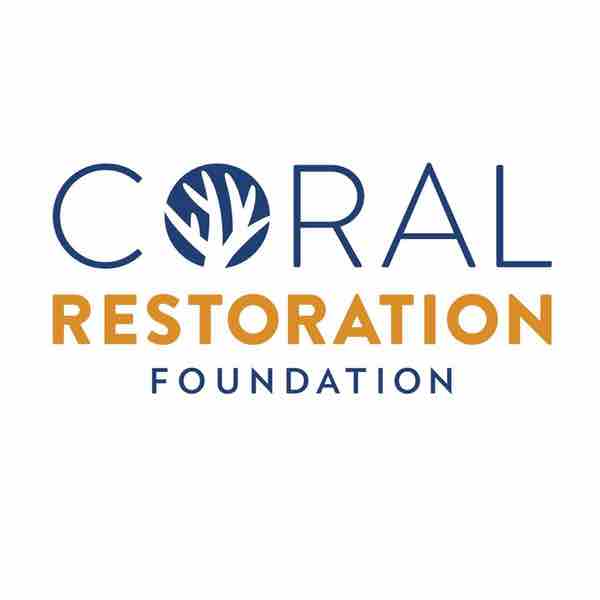
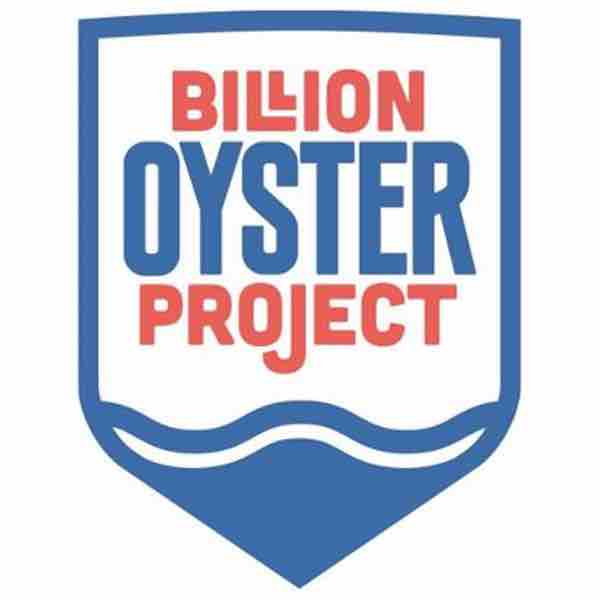
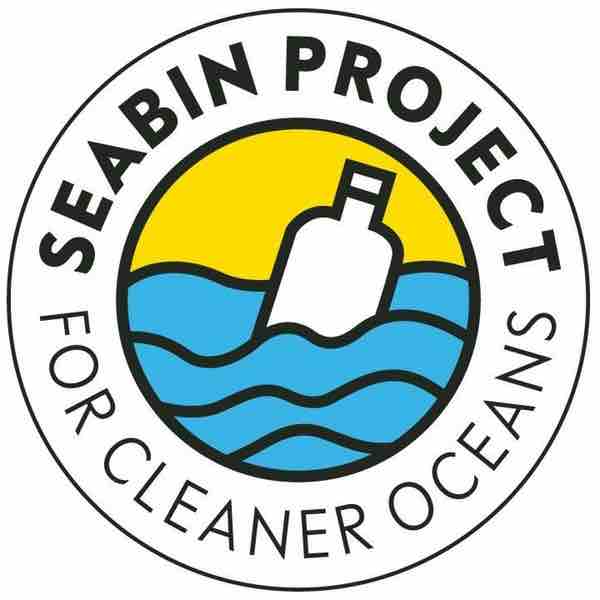
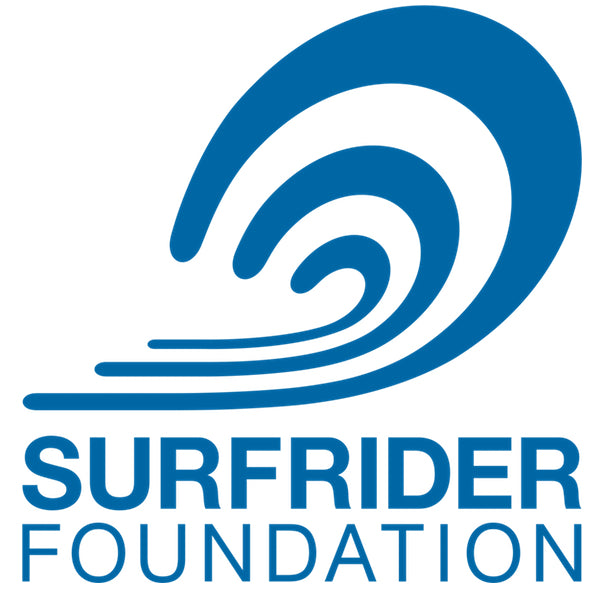

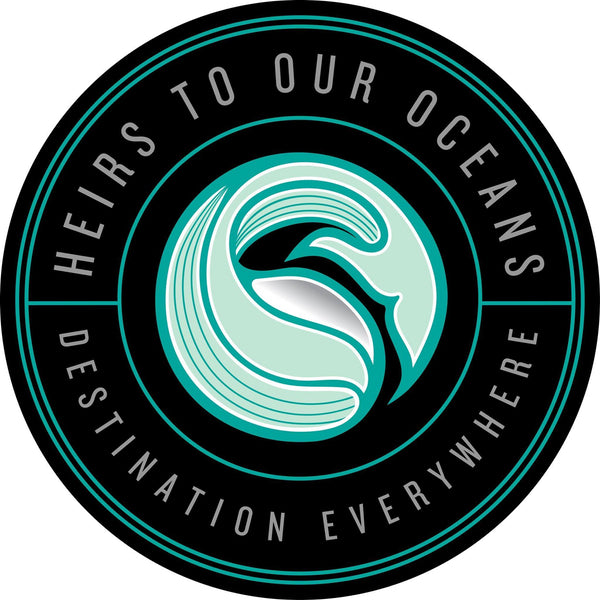
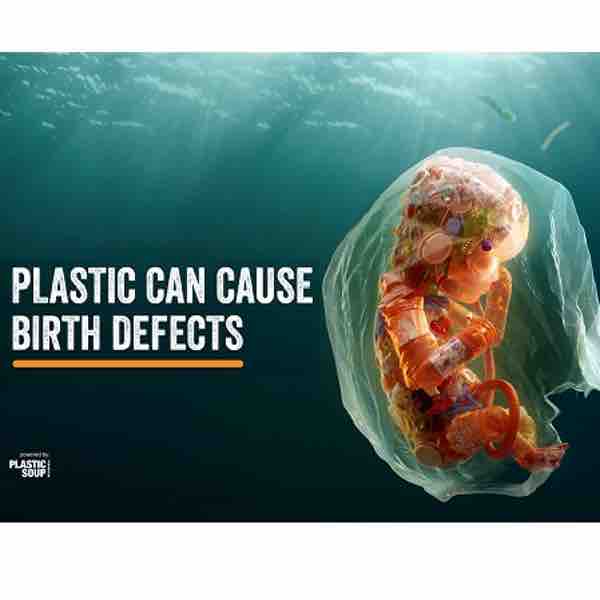
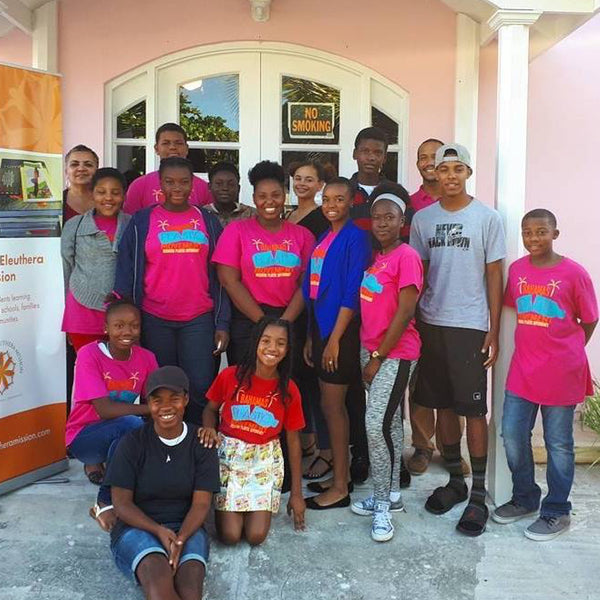
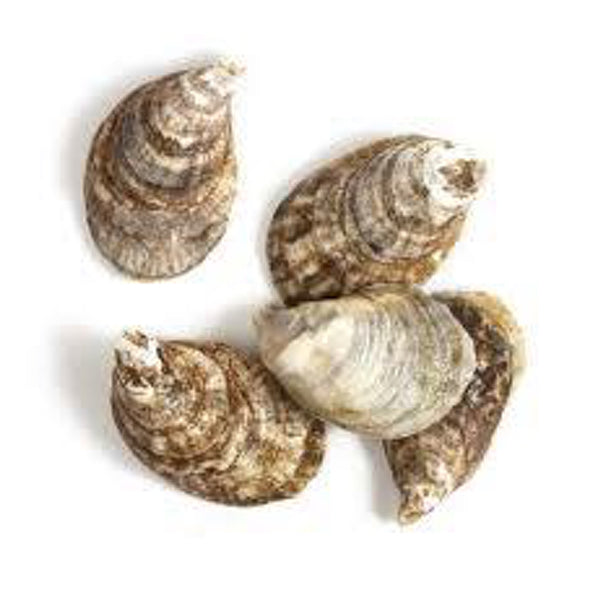


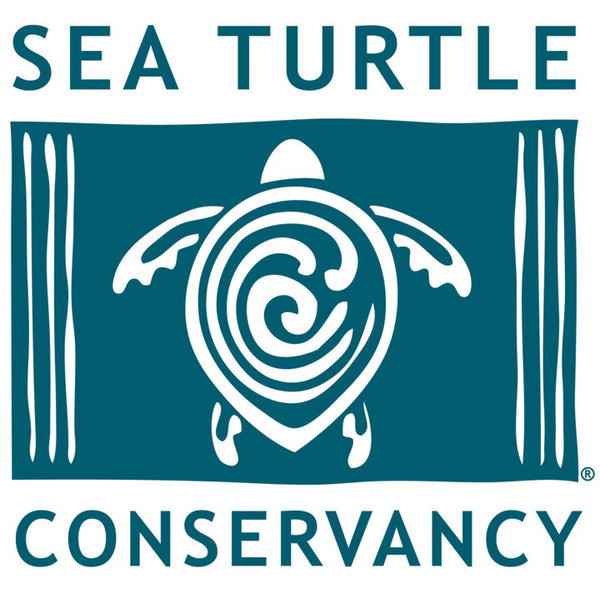
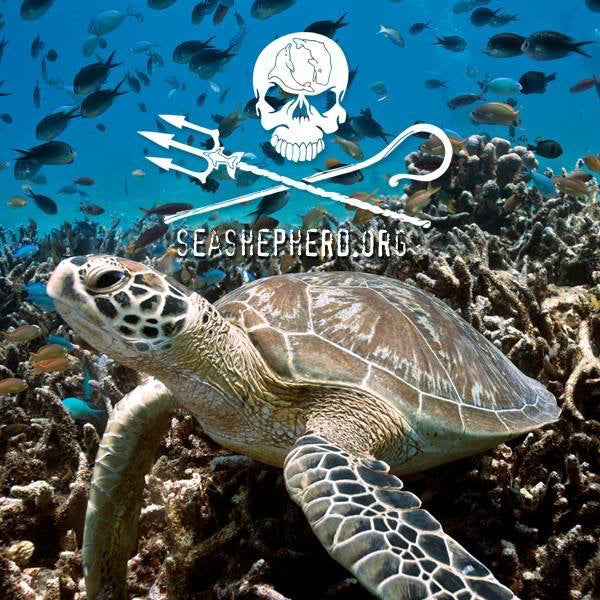
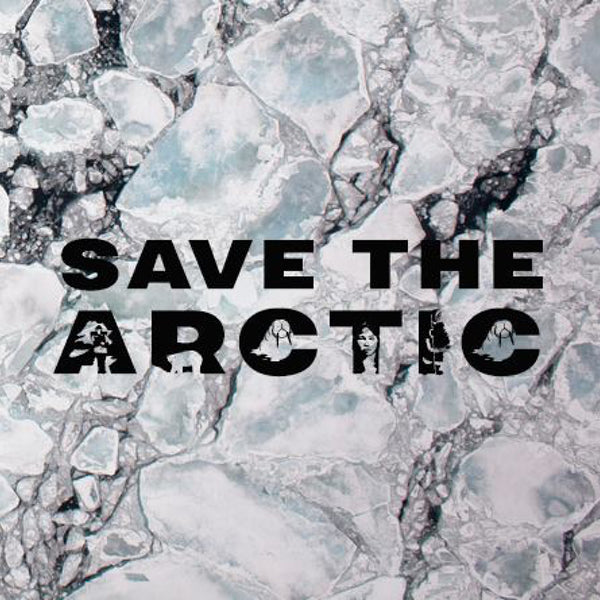
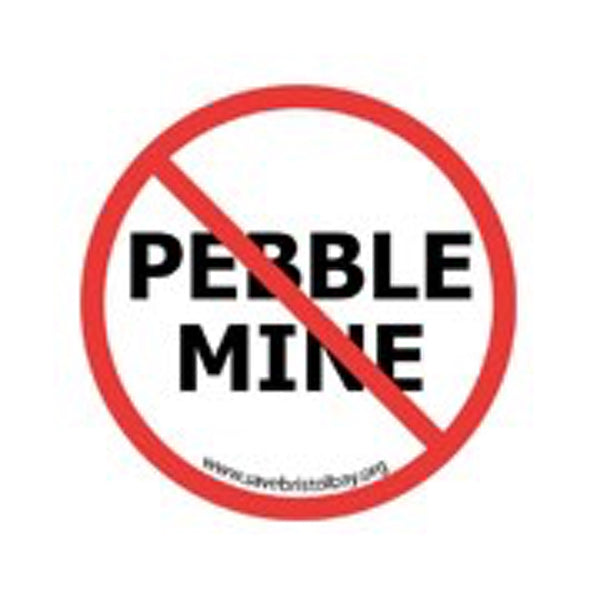
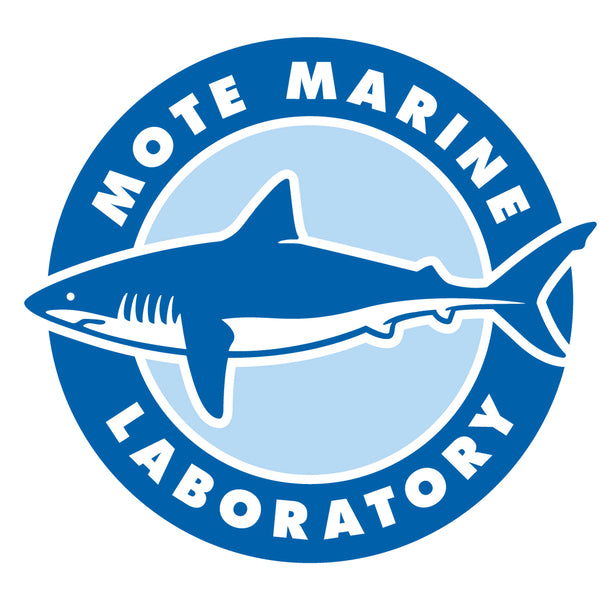

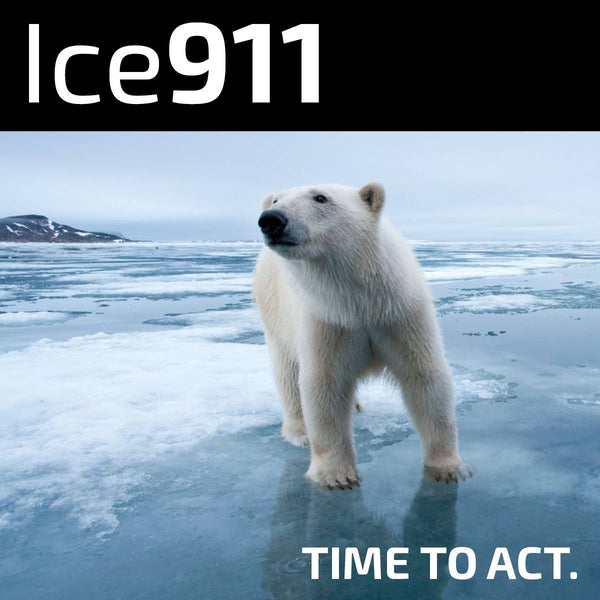
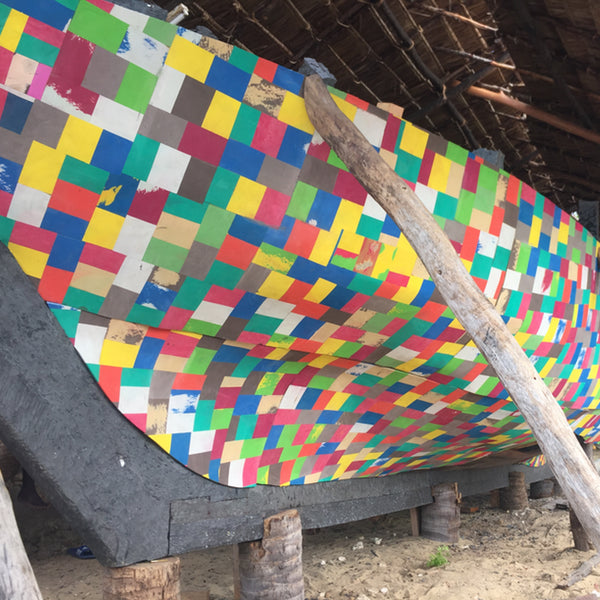
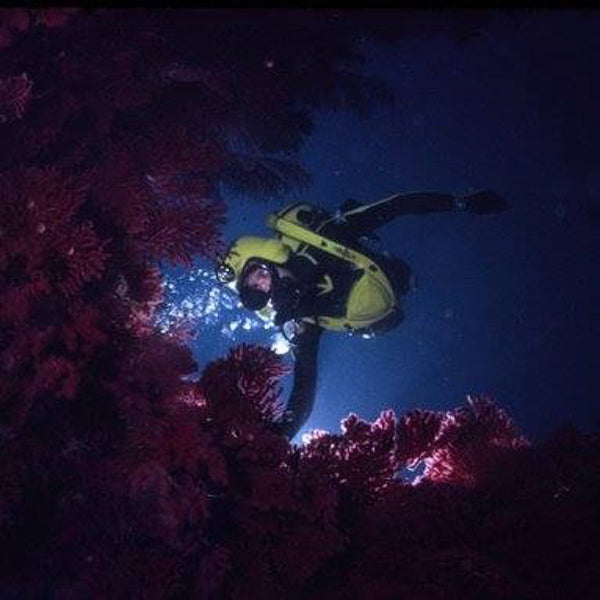
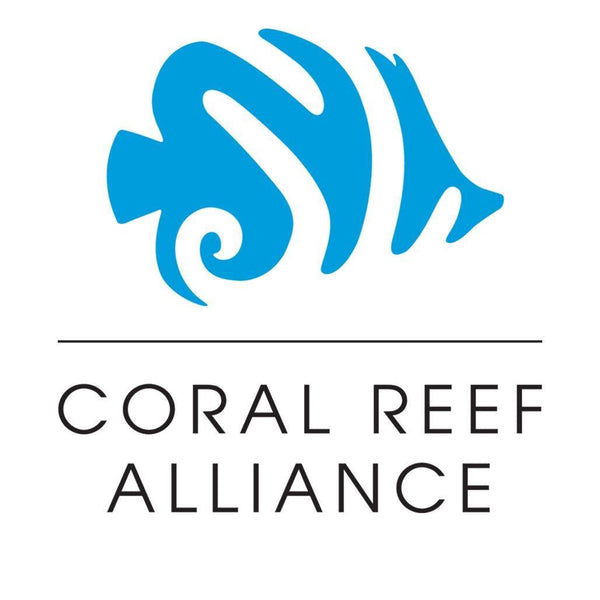
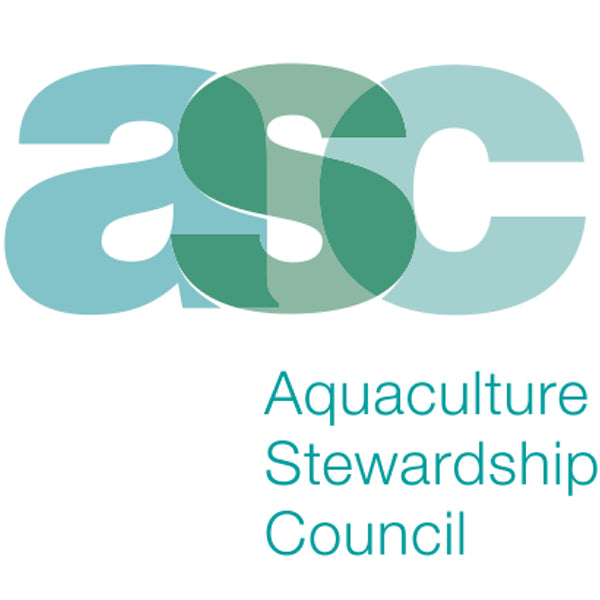
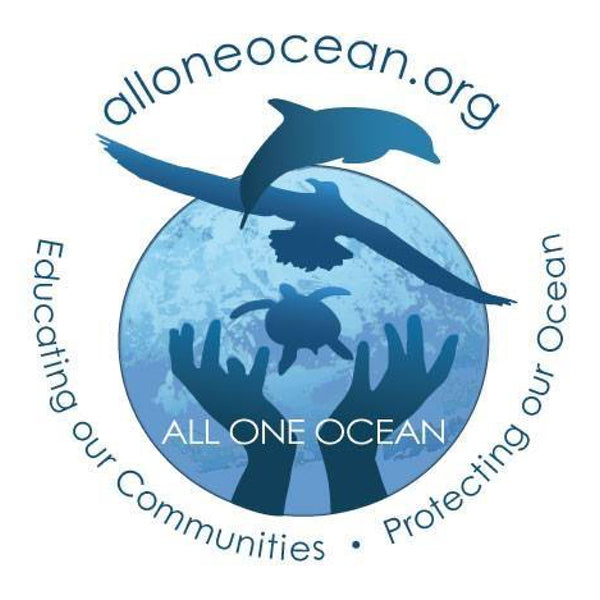
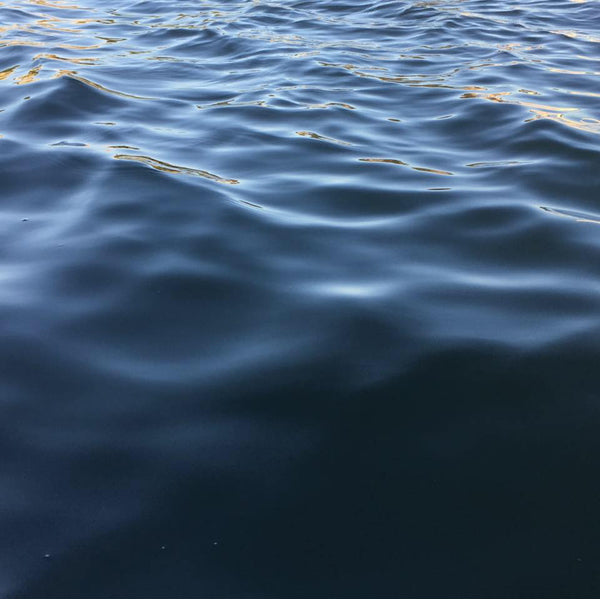
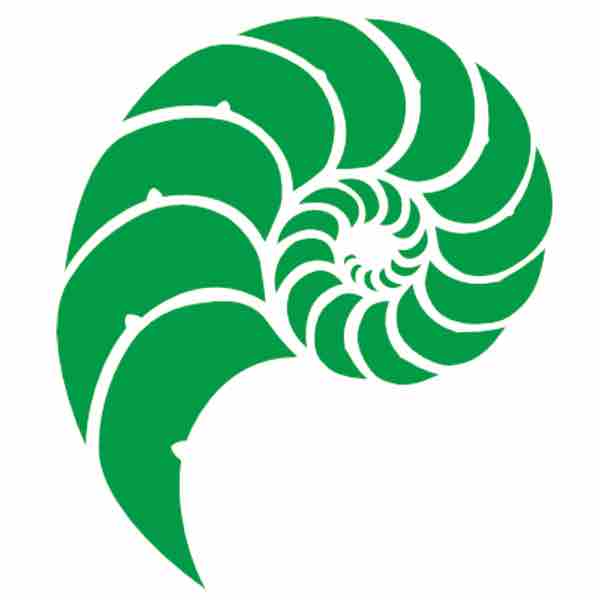
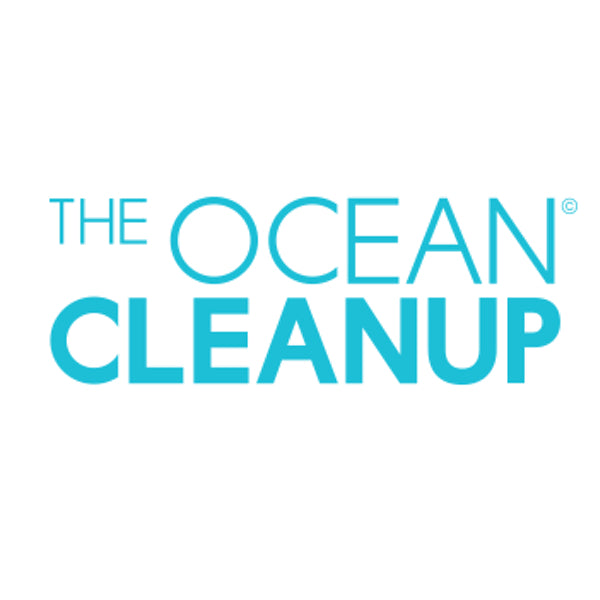
Join The Discussion